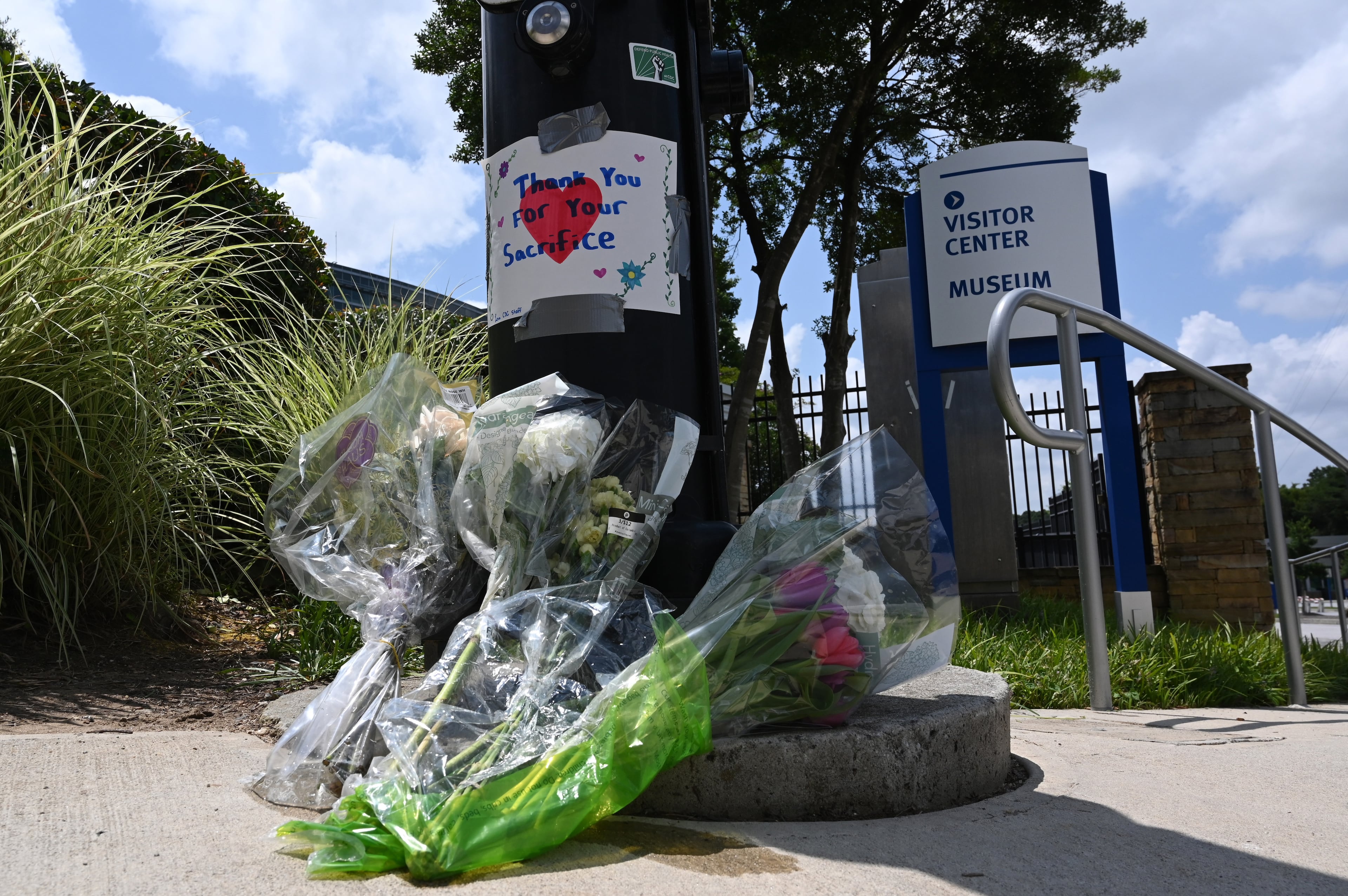Brain structure changes tied to adolescent binge drinking, study finds
A new study demonstrates that a brain structure with several key functions may be linked to changes caused by teen binge drinking.
Researchers from the University of Eastern Finland and Kuopio University Hospital discovered that shifts in the volume of the cerebellum in young adulthood are associated with binge drinking in adolescence.
“Excessive alcohol use results in cerebellar damage in adults, but there has been less research on how alcohol use during adolescence affects the cerebellum. In this study, we observed that heavy drinking from adolescence to young adulthood was associated with altered volumes of cerebellar lobules,” scientists wrote in the abstract of their research. Their findings were published in an article for the peer-reviewed journal Alcohol.
The study involved 58 young adults ages 21-28. Researchers monitored their alcohol consumption for the past decade. Within the study group, 33 young adults had been heavy drinkers since they were teenagers. Meanwhile, 25 young adults consumed little to no alcohol and were considered light drinkers.
All participants were highly functional. They had a normal cognitive capacity and did not meet the diagnostic criteria for alcohol use disorder.
Using MRI scans, heavy drinkers were shown to have changes in the volume of posterior cerebellar lobules compared to participants who were light drinkers. This area of the cerebellum, the largest structure of the hindbrain, is associated with motor and cognitive functions. Specifically, it is involved in vision, motor movement, balance and posture, mental functions, and motor learning.
Still, “further research is needed in order to assess the significance and implications of these findings,” noted the study’s lead author, Dr. Virve Kekkonen, an adolescent psychiatry specialist.
Although alcohol use disorder is one of the causes of damage to the cerebellum, researchers noted that changes in the brain were found without that condition.
Verywell Mind, an online resource that offers information on mental health, recommends cutting back on alcohol among other tips to keep the brain healthy and free from injury. Chronic heavy drinking can lead to alcohol use disorder and stroke, another factor in cerebellum damage.



